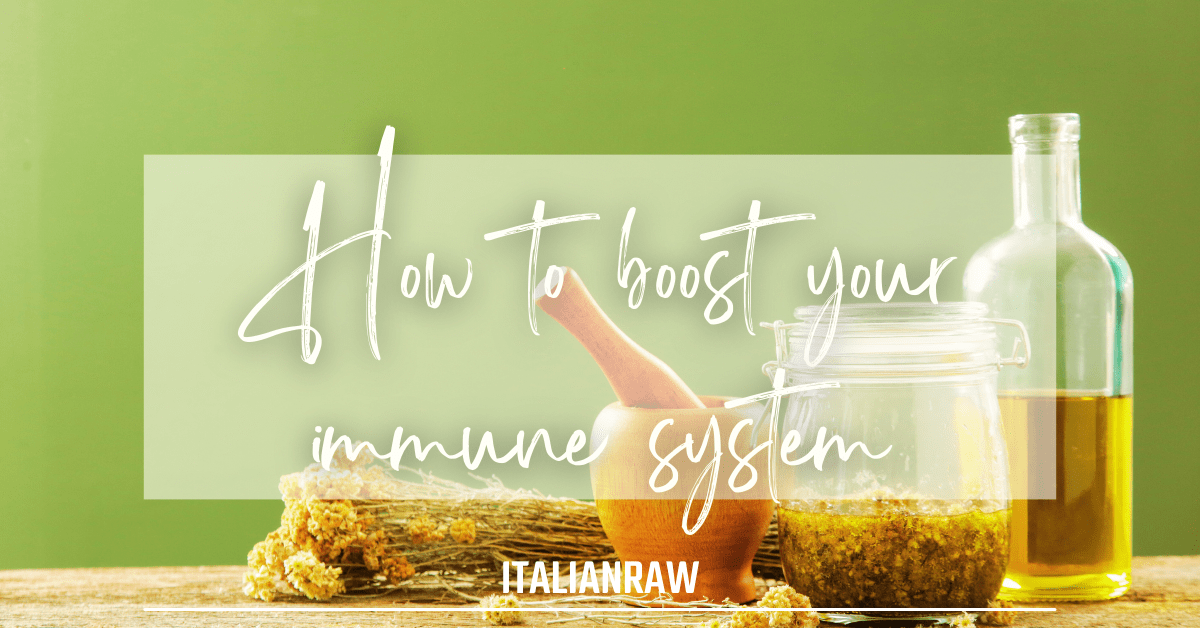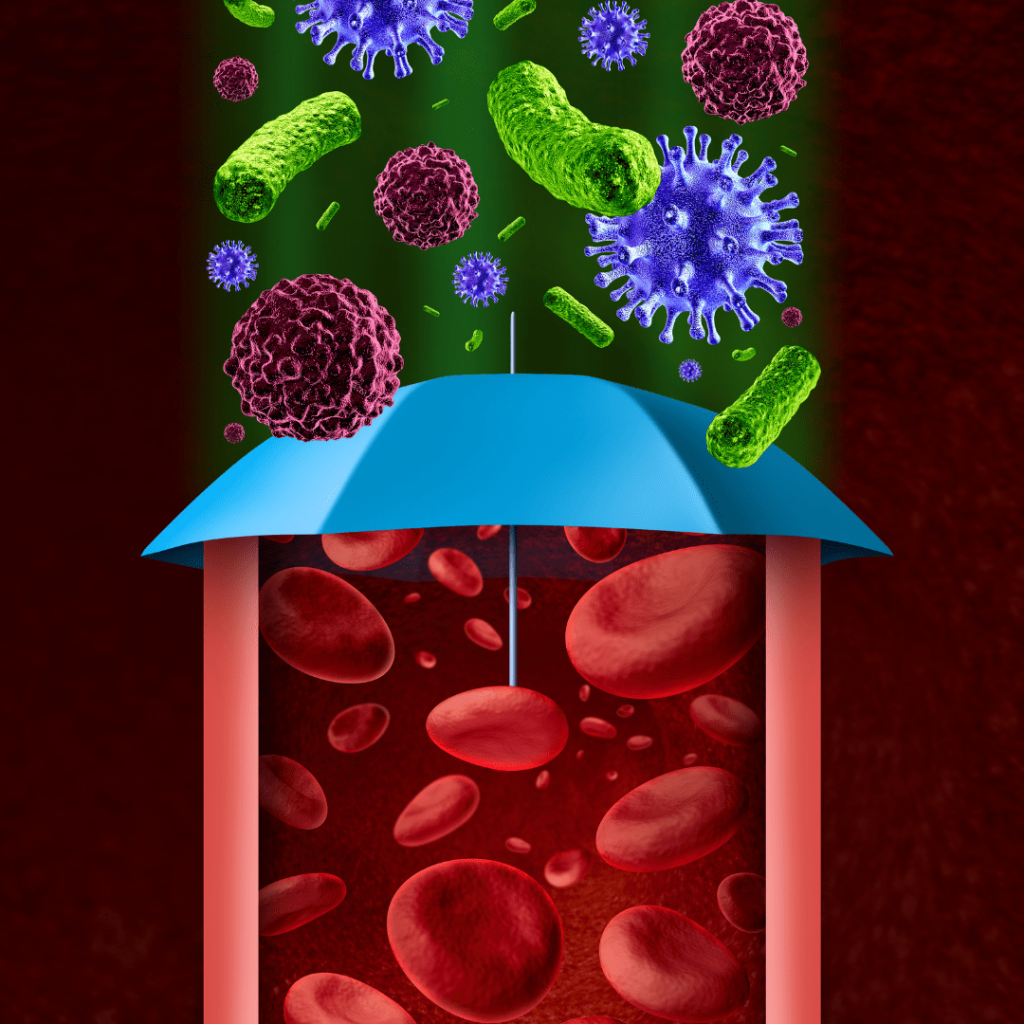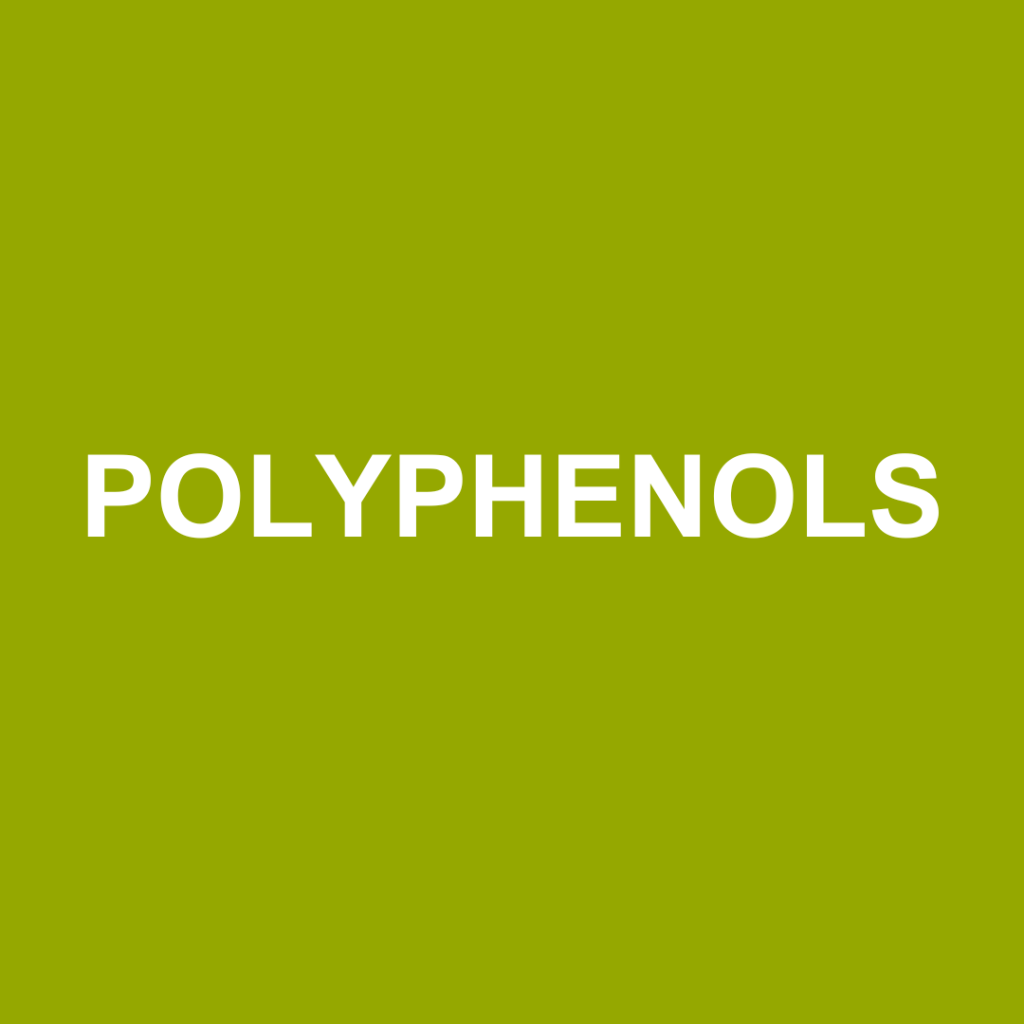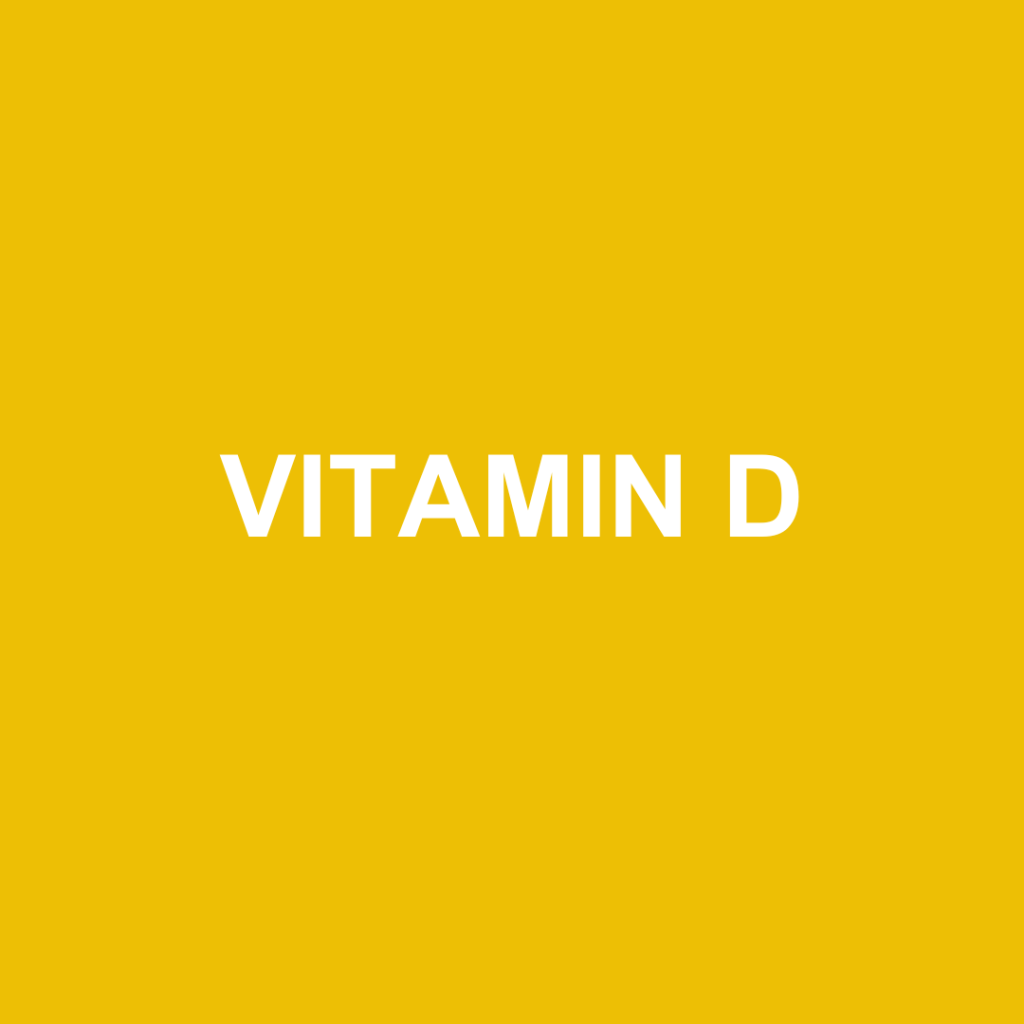
Supercharge Your Immune System this Winter with the right Micronutrients
Every year, as the temperature drops and daylight hours decrease, the risk of flu and other illnesses increases, making it necessary to strengthen the immune system. Although a flu vaccination is essential, it is not the only line of defense against illnesses. A healthy diet that supports the immune system is equally crucial.
It is vital to consciously adopt a lifestyle that nurtures our immune system, which need not be as complex as we often assume. A wholesome dietary regimen benefits our entire body, yet we can channel our attention towards specific micronutrients scientifically proven to fortify immune functions, especially as seasonal risks heighten. It’s important to emphasize that relying solely on individual foods or supplements for enhancing immune activity is not effective.
According to Christopher Gardner, a nutrition scientist at Stanford School of Medicine, the synergy between various micronutrients during digestion and internal synthesis is pivotal. This synergy fosters a resilient cellular immune response rather than focusing on isolated nutrients in isolation.
The key lesson to grasp here is incorporating a wide array of whole, nutrient-rich foods into your diet. Embracing a Mediterranean-style eating pattern is an excellent starting point: eating a diverse range of whole, nutrient-dense foods like fruits, vegetables, whole grains, legumes, healthy fats, and lean proteins.
The foundation of the Mediterranean diet is plant foods. Meals include vegetables, fruits, herbs, nuts, beans, and whole grains. Moderate amounts of dairy, poultry, and eggs are part of the Mediterranean diet, as is seafood.


What is The Immune System AND HOW DOES IT WORK?
The immune system comprises a complex network of cells, organs, and tissues that interact to defend the body against antigens, which are harmful substances like bacteria, toxins, and viruses we come in contact with constantly throughout the day.
The immune system acts against external antigens and works internally to destroy abnormal cells with damaged DNA that can eventually divide uncontrollably and cause cancer.
TWO SUBSYSTEMS
The two subsystems, the Innate and the Adaptive, combine to perform the entire span of immune responses the body requires.
1. The Innate system
It is the one we are born with, often cited as our first line of defense against pathogens. It includes the external barriers like our skin and mucous membranes that prevent harmful substances from entering the body, in addition to white blood cells like the Natural Killer (NK) cells. The Innate system is our generalized defense mechanism, meaning anything identified as foreign or harmful is immediately targeted.
When our innate immune system comes into contact with a harmful substance it cannot control on its own, our Adaptive immune system is activated to specifically target that pathogen.
2. The adaptive system
It is developed over time through repeated exposure to pathogens, which allows the system to learn and recognize the specific pathogen. The adaptive immune system creates antibodies produced in response to and counteracting a specific antigen. These antibodies tell the adaptive immune system to produce the proper B and T cells necessary to fight the recognized pathogen.


Maintaining a robust and balanced immune system involves incorporating the following essential nutrients and minerals into your daily diet.
Immune Response and Inflammation
Upon detecting a pathogen or physical injury, the immune system triggers an inflammatory response. This acute inflammation prompts white blood cells to converge on the affected area and contain pathogens, preventing their spread. Ideally, the immune system knows when to revert to its normal, non-inflamed state after the threat diminishes or the wound heals. However, this beneficial inflammation can devolve into harmful chronic inflammation if it persists unnecessarily.
Chronic inflammation
Often imperceptible, it can subject the body to a continual state of stress. Gradually, mild symptoms such as body discomfort, digestive issues, fatigue, anxiety, and persistent infections can surface. Chronic inflammation can stem from various causes, including autoimmune conditions, obesity, smoking, and prolonged exposure to chemicals and oxidative stress.
Essential Micronutrients for Winter Immune Support





1. Polyphenols and Other Antioxidants: Their Role and Benefits for the Immune System
Polyphenols, naturally occurring phytochemicals found largely in fruits and vegetables, act as our main source of dietary antioxidants. One of the most important polyphenolic structures identified in nature is oleocanthal.
- Oleocanthal is found only in extra virgin olive oil and is known to be one of the most potent immune-supporting anti-inflammatory agents within the superfood.
- Polyphenols like oleocanthal protect our immune systems by negating the effects of the oxidative stress caused by the harmful free radicals we are constantly encountering in our environments.
- Polyphenols also support healthy immune systems by regulating the adaptive immune system’s response to pathogens through the inhibition of the overproduction of pro-inflammatory enzymes our body produces when chronically inflamed.
Wholefoods sources high in polyphenols:
- Extra Virgin Olive Oil (the only source of oleocanthal)
- Blueberries
- Spices (curcumin, for example)
- Flax Seeds
- Green Tea
2. Vitamin D: How It Functions and Its Immune System Benefits
- Vitamin D is a nutrient we derive from our diets and produce ourselves through the absorption of the UV rays we encounter from the sun.
- Vitamin D is a fundamental component of bone health as without it our bodies are incapable of absorbing calcium, the primary building block of our bones.
- When it comes to the immune system, Vitamin D is known to initiate the body’s immune response and enhance the function of the T, B, and macrophage immune cells that protect your body against pathogens.
Wholefoods sources high in Vitamin D:
- Fatty fish
- Egg yolks
- Mushrooms
- Cheese
- Cod-liver oil
- Sardines
Ways to incorporate Vitamin D into your diet:
- Aim to enjoy fatty fish like salmon as the main protein on your dinner plate at least once a week.
- Canned sardines are a hugely underrated way to incorporate fatty fish into your diet and can make a great lunch on the go when paired with a bead of leafy greens and hard-boiled eggs, all dressed with an olive oil vinaigrette. Think of it as a new take on a Nicoise salad.
3. Vitamin E – Its Mechanism and Impact on the Immune System
- This fat-soluble, essential vitamin primarily functions as an antioxidant within our bodies, working to protect cells from the damage caused by free radicals.
- Vitamin E has been shown to increase the production of the white blood cell known as T Cells.
- T cells are specifically designed to fight infections they have not yet encountered, playing a central role in our adaptive immune system in building immunological memory.
Whole- foods sources high in Vitamin E:
- Mango
- Olive oil
- Nuts like peanuts, hazelnuts, and almonds
- Seeds like sunflower and pumpkin
- wheat germ
- Beet greens, collard greens, spinach
- Pumpkin
Ways to incorporate Vitamin E into your diet:
- One tablespoon of olive oil contains approximately 1.9 mg of vitamin E, roughly 13% of the DRA for adults, so just simply cooking with this powerfully nutritious ingredient can ensure proper vitamin E intake on a daily basis.
- Make a superfood trail mix with sunflower seeds, almonds, and dried mango for an energizing vitamin E-rich snack.
4. Zinc – How It Operates and Its Significance for the Immune System
- The mineral zinc is utilized by almost 100 different enzymes in the body to carry out many different critical chemical reactions involving DNA creation, cellular growth, and healing damaged tissues, all of which support a healthy immune system.
- Because of zinc’s role in facilitating the growth of properly functioning immune cells multiplication, it is of particular importance that we get adequate amounts.
- Because zinc supports the growth of normal functioning of immune cells like lymphocytes, lack of proper levels of zinc in our bodies can leave us vulnerable to viruses and bacteria from a slow down in the activity of the immune cells that fight them.
Whole-food sources high in Zinc:
- Seafood like oysters, crab, and lobster
- Lean proteins like chicken and beef
- Legumes, Nuts, and seeds
- Whole grains
Ways to incorporate them into your diet:
- One of our favorite plant-based ways to get in our zinc is by sprinkling a handful of raw pumpkin seeds (also known as pepitas) on top of oatmeal, salads, or yogurt.
5. Vitamin C – Its Function and Immune System Contributions
- This essential vitamin needs to come from our diets as we don’t produce it ourselves. As a potent antioxidant, it works to actively ward off oxidative stress from harmful free radicals and pathogens.
- Vitamin C is also a co-factor critical for the enzymes synthesizing collagen, the dermis’s primary component. Thus, vitamin C bolsters our skin, the first line of defense against external pathogens through enhanced collagen production.
Wholefoods sources high in vitamin C:
- Citrus fruits
- Bell peppers
- Strawberries
- Tomatoes
- Cruciferous vegetables
- White potatoes
Ways to incorporate Vitamin C into your diet:
- Squeeze a fresh lemon into your water to sip on throughout the day.
- Or, make it an enjoyable step in your morning routine by sipping hot water with your favorite citrus.
- Blood orange with a dash of warming spices like cinnamon is one of the current favorite combinations.
Natural Antibacterial Foods


1. Garlic. Allicin’s Antimicrobial Action
Garlic contains alliin, an amino acid that transforms into allicin when crushed. Allicin acts as an antimicrobial agent, inhibiting the growth of viruses and bacteria.
- To harness its benefits, it’s best to consume raw, crushed or sliced garlic due to the instability of allicin.
2. Raw Honey – Natural Antimicrobial Properties
Unfiltered, raw honey combats bacterial and viral growth due to its unique phytochemical composition. Its low pH and high sugar content make it hygroscopic, dehydrating bacteria by absorbing moisture. Bees introduce glucose oxidase, an enzyme that produces hydrogen peroxide, enhancing honey’s antimicrobial attributes.
By understanding and incorporating these nutrients into your diet, you can support and fortify your immune system during the winter months and beyond.
About olive oil remember: Moraiolo olives, one of the varieties with the highest polyphenols and with good antioxidant content. Its particularly bitter and peppery flavor is a typical feature of an oliveoil that is high in oleocanthal.
Takeaways
- Consider how you can incorporate as many whole, nutrient-dense foods into your diet as possible by eating a highly diverse array of fruits, vegetables, whole grains, legumes, healthy fats, and lean proteins.
- Following a Mediterranean-style diet, for example, could be a good approach.
- A balanced diet with nutrient-dense foods that include polyphenols and vitamin D can support the immune system’s function, helping to protect the body from harmful pathogens and reduce the risk of chronic inflammation.
DISCLAIMER
The information provided in this blog post is for educational and informational purposes only and should not be construed as medical advice.
The content is not intended to be a substitute for professional medical advice, diagnosis, or treatment. Always seek the advice of your physician or other qualified healthcare provider with any questions you may have regarding a medical condition. Never disregard professional medical advice or delay in seeking it because of something you have read on this website. The author and publisher of this blog post are not responsible for any adverse effects or consequences resulting from the use of any suggestions or procedures described hereafter.
LEGAL NOTE
Statements made on this website have not been evaluated by the FDA. This product is not meant to cure, treat, prevent, or diagnose a disease.










Leave a Reply